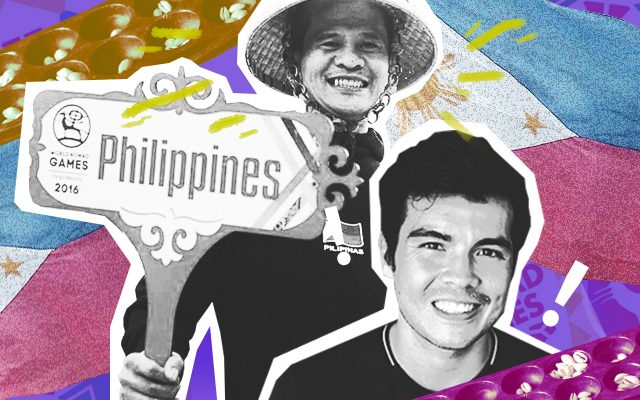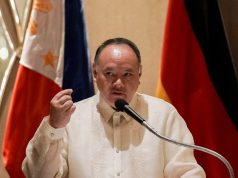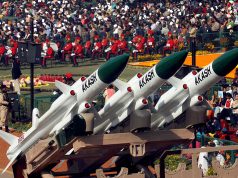
During his trip to Kyrgyzstan, Erwan Heussaff found out that the Philippines has only one representative at the Third World Nomad Games, an international ethnic sports competition in Central Asia.
Heussaff was in the country to explore and shoot for his blog The Fat Kid Inside when he and his team decided to watch the games.
He initially asked for the Filipino athlete’s identity on social media in the hopes that people would recognize him.
We were surprised to find out that there is one Filipino competing in the world Nomad games. Can anyone help identify him? pic.twitter.com/2zoaSJfwcw
— Erwan Heussaff (@erwanheussaff) September 3, 2018
Meet Rhon Palmera
The athlete was eventually identified as Ronildo “Rhon” Palmera, who used to work at the Philippine Sports Commission from 1990 to 1996.
Rhon Palmera is our representative to the #WorldNomadGames2018 pic.twitter.com/Tp2OnScGOT
— Erwan Heussaff (@erwanheussaff) September 3, 2018
Palmera is currently representing the country in the Toguz Korgool event. It is a traditional Kyrgyz intellectual game that originally develops the strategic thinking of nomadic Turkic warriors and soldiers in the past. Its local version is the sungka.
Imelda Palmera (née Sanchez), the athlete’s wife, claimed that Palmera was in Kyrgyzstan to “introduce sungka” in the World Nomad Games.
“Because of him, sungka will be included in the next Nomad Games,” she said on Facebook.
Palmera himself said that his main purpose was to “introduce and propagate” the country’s “very own intellectual traditional board game.”
The Third World Nomad Games began on September 3.
His latest status posted 21 hours as of this writing indicates that he has already advanced to the second round of Toguz Korgool.
Rio Llamas, Palmera’s cousin, claimed that Palmera was part of the Philippines team who participated in the Asian Games during the ’90s with his wife Imelda and Glen Paredes.
He noted that they were the first Filipino athletes to participate in pencak silat—or the Indonesian martial arts—in the Asian Games.
“They won medals and brought legacy to (the) Philippines as the first team to play in pencak silat game,” Llamas remarked.
Sungka and the World Nomad Games
Sungka is a Philippine mancala game adopted from the Malaysian Congkak played on a solid wooden block with two rows of seven circular holes and two large holes at both ends of the block. These are called “heads.”
The game is participated by two players. Each of them takes control of the seven holes on their side of the board and owns the “head” to their right. They fill the holes with pebbles, marbles, seeds or shells that are 49 in pieces.
The goal of the game is to accumulate as many pieces in your own “head.”
It has been perceived that sungka improves an individual’s mathematical thinking, teaches patience and hones one’s observation skills.
Meanwhile, the World Nomad Games is an initiative done by the Kyrgyz Republic in 2012 to revive and preserve the culture of the nomadic civilization.
It is under the patronage of the United Nations Educational, Scientific and Cultural Organization or UNESCO.
“The World Nomad Games are aimed at developing the ethnosport and ethnoculture movement in the world, as this is the heritage of human civilization,” the sports meet’s website says.
It aims to popularize, develop and promote ethnosports at the “world level,” including traditional games and competitions from the around the world.
The 2018 World Nomad Games has three main parts: Ethnoculture, ethnosport and science. Toguz Korgool is categorized under ethnosports’ traditional intellectual games.
A total of 77 countries are participating in 37 types of ethnosports, with approximately 3,000 athletes. — Artwork by Uela Altar-Badayos; Photo from Rhon Palmera via Facebook and Erwan Heusaff via Instagram









